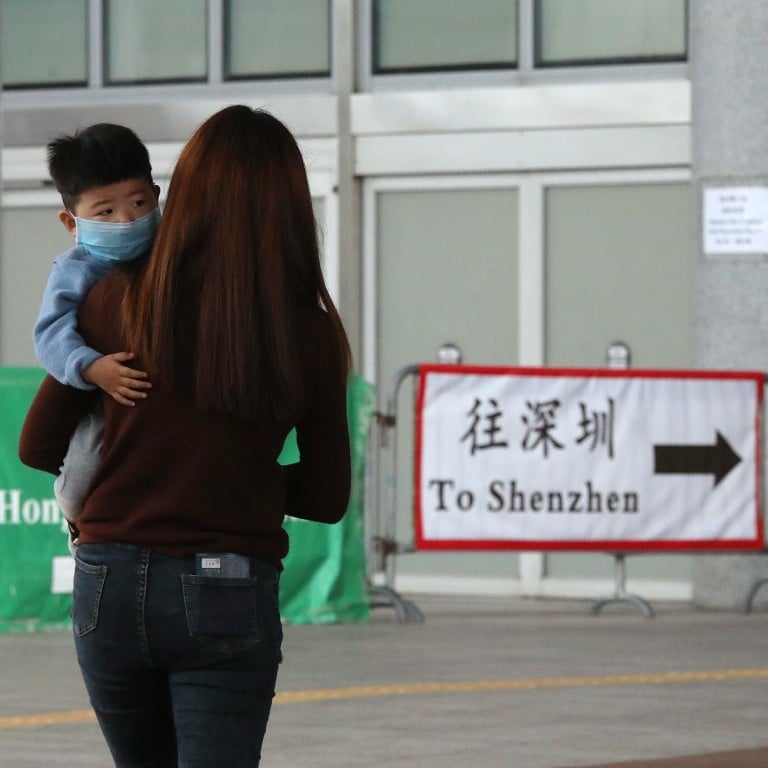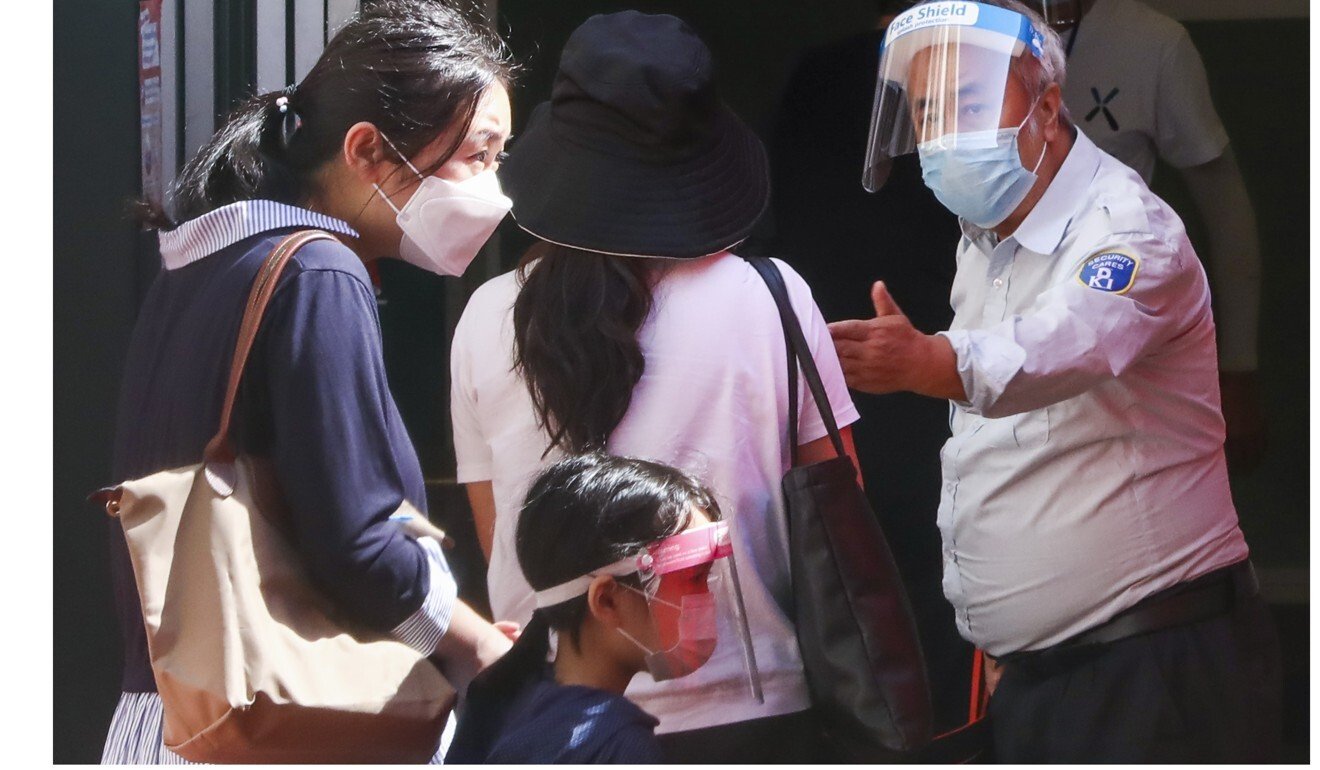
Local Covid-19 cases scuppered Carrie Lam’s hopes of restarting Hong Kong-mainland China travel, sources say
- Cabinet adviser says sporadic untraceable infections in city exposed loopholes in containment work and caused worry
- Lawmaker warns local businesses will hardly survive December if nothing is done about cross-border travel
Advisers to Carrie Lam Cheng Yuet-ngor also conceded that Hong Kong’s failure to achieve zero untraceable cases posed a threat for mainland China, even though the chief executive had shown goodwill on resuming cross-border travel.
But in a press conference on Friday, Lam hinted that she had failed to secure Beijing’s support on that.

“I have reflected that various sectors, including businesses and residents, have such strong aspirations … but in the end, it is Hong Kong that needs to be stricter on curbing the epidemic,” she said.
Asked by a mainland journalist whether she was aware many across the border were against the idea, Lam replied: “We will not ignore mainland people’s health because of economic reasons.”
According to a mainland government source, officials in Guangdong province, especially those in Shenzhen, Hong Kong’s neighbour, insisted on there being zero infections, but would discuss it further with Lam on Saturday.
“After Hong Kong is able to clear its Covid-19 cases, the first stage of border opening will tentatively be only for official or business travellers,” the source said.
With isolated clusters still popping up on the mainland, Beijing regarded epidemic control as provincial and municipal officials’ top priority.
Last month, Sui Zhenhua, Communist Party secretary and director of the Qingdao Health Commission, was reportedly suspended and Qingdao hospital president Deng Kai sacked over infections in the eastern city.
The source also said while Beijing did not ban Hong Kong from reopening its border, top officials had left the detailed arrangements for their Guangdong counterparts to decide.
“Guangdong, especially Shenzhen, is very insistent. They want Hong Kong to clear all the Covid-19 infections … to prevent imported cases,” he added.

Luo Huining, chief of the central government’s liaison office in the city and deputy head of the State Council’s Hong Kong and Macau Affairs Office, will accompany Lam on her visit to Guangzhou and Shenzhen to facilitate the talks.
Lam’s top advisers who talked to the Post all agreed that any border resumption needed the recognition and consensus of mainland authorities.
Dr Lam Ching-choi, a member of the leader’s de facto cabinet, the Executive Council, said although imported cases were also found on the mainland, it was the sporadic untraceable infections that exposed loopholes in Hong Kong’s containment work and caused worry.
Hong Kong records six new cases of Covid-19, all imported
“The Hong Kong government should consider some administrative measures, such as limiting the number of flights from high-risk countries, or extending ban times for flights that carry confirmed cases,” he said.
Chinese University’s Professor David Hui Shu-cheong, an adviser to the government on the pandemic, also pointed to the risks of many imported infections in the city. In the past two weeks, 82 per cent of the 92 confirmed cases were imported.
“Apart from increasing testing capacity for residents with minor symptoms, the government could consider tightening the exemption list, such as more checks for consuls returning from high-risk countries,” he added.

Another government adviser, top University of Hong Kong microbiologist Professor Yuen Kwok-yung, noted that according to official statistics, 2,000 to 3,000 patients had symptoms of influenza-like illness every day. Yuen urged the government to test those patients immediately at private clinics.
“The testing turnaround time and the contact tracing time must be markedly shortened to achieve maximal benefit from isolation and quarantine,” he said.
In the Legislative Council, lawmaker Felix Chung Kwok-pan, leader of the pro-business Liberal Party, said he was disappointed Lam had failed to come to an agreement with mainland officials.
Chung said local officials now needed to set a benchmark under which Hong Kong’s mainland travel ban could be lifted.
“The government should tell us whether we need to achieve 14 or 28 days of zero untraceable cases, or what the criteria are to resume cross-border travel,” he said, adding that local businesses would hardly survive December if the government achieved nothing.


